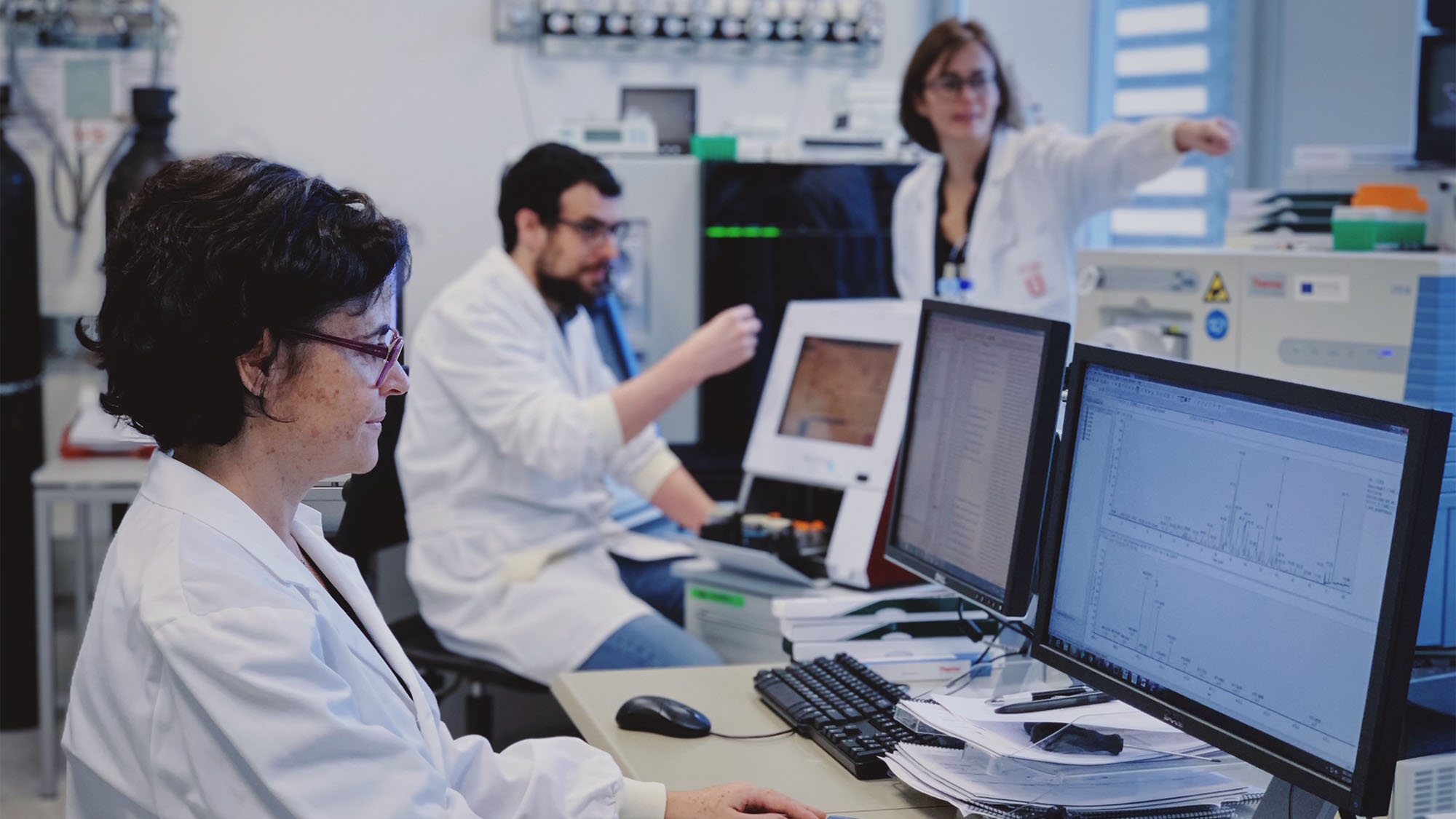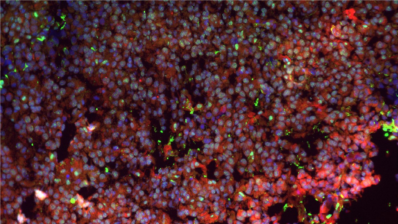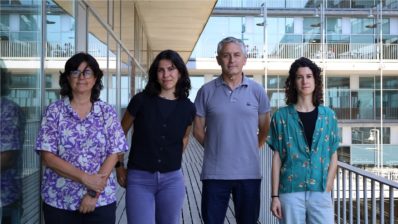Eduard Sabidó Aguade is the head of the Proteomics Unit, a mixed service from the Centre for Genomic Regulation (CRG) and the Department of Experimental and Health Sciences, Pompeu Fabra University (DCEXS-UPF), and the head of the training program of the new PROTrEIN project, which started in January 2021.
We talk to him about this interesting initiative to promote machine learning in the field of proteomics, and about the future of research with these new technologies.
How useful is machine learning applied to proteomics?
Machine learning and data visualization tools are gaining importance in many areas of biomedical research. They have an especially important impact on the treatment of complex and highly structured data such as those generated by proteomics.
In recent years, these tools have facilitated aspects such as the identification of proteins and their modifications, their integration with genomic data, and the stratification of patients into risk groups, among others.
“Machine learning algorithms will allow us to advance our knowledge about pathological processes and response to treatment.”
What is the objective of the PROTEIN project?
The PROTrEIN project is a European network for the training of doctoral students, who will carry out a research project in the field of computational proteomics over 4 years, until 2024.
There are 15 research projects for 15 doctoral students spread over various European universities, research centers and industry. The topics range from the development of new data interpretation algorithms, to the analysis of molecular interaction networks, integration of genomic data or the development of gamification processes in the visualization of complex data.
Which has been the main challenge in defining the training program?
The main challenge to guarantee the excellent training of the PROTrEIN project has been to combine a highly multidisciplinary program that includes advanced training in analytical chemistry, molecular biology, machine learning and data visualization.
This has been possible thanks to the involvement of experts in these disciplines from a wide variety of participating institutions and entities associated with the project.
The methodologies promoted by the PROTrEIN project are here to stay?
The training contents promoted by the PROTrEIN project, such as the development of machine learning and data visualization tools, will be (and already are) of great interest for biomedical research.
In a few years, all researchers will be users of this type of algorithms. Not everyone will need to be an expert developer, but professionals with this profile and knowledge will have great added value in the research ecosystem.
“Professionals who know about these types of algorithms will have great added value in the research ecosystem.”
Eduard Sabidó (CRG)
How far can research go with these new technologies?
We are at the beginning of the application of machine learning tools in research. We expect exponential growth in the coming years, and it is difficult to assess how far its impact will go.
In the specific case of proteomics, these new technologies will change the way of acquiring and analyzing data, and will certainly allow us to advance our knowledge about pathological processes and response to treatment.







